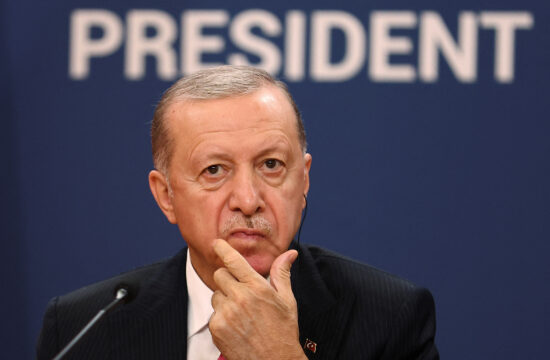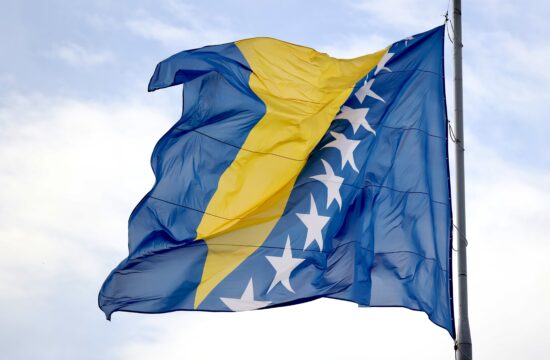
China gained the "understanding and support" from the World Health Organization before starting a controversial emergency use program for its Covid-19 vaccine candidates, a Chinese health official said Friday.
China has been administering experimental coronavirus vaccines to hundreds of thousands of people since July under an emergency use program approved by the Chinese government, before their safety and efficacy have been fully proven by clinical trials.
Some experts and vaccine developers in the West have warned against the premature authorization of coronavirus vaccines before last-stage trials are completed.
Zheng Zhongwei, an official with China's National Health Commission, said Friday that China's cabinet, the State Council, approved a trial plan for the emergency use of Covid-19 vaccines at the end of June.
“After the approval, we communicated and informed the relevant representatives from the WHO office in China and gained the understanding and support of the WHO,” he told a news conference.
At a media briefing on Friday, Dr. Mariângela Simão, the WHO's assistant director-general for access to medicines and health products, said: “Countries have autonomy according to their national regulations and legislations to issue emergency use authorizations for any health product, and China and other countries have already done so for different products. And WHO has emergency use listing provisions and has issued already several products for diagnostics.”
China has been one of the biggest players in the global race to develop a coronavirus vaccine. It currently has 11 vaccines in clinical trials and four in Phrase 3 trials. Globally, there are 38 vaccines in human trials, among which nine have reached the last stage of testing, according to the WHO.
Last month, Zheng revealed in an interview with state broadcaster CCTV that China had been using experimental coronavirus vaccines on people in “high risk” professions since July 22.
Workers at high risk of exposure to the virus — including frontline medical personnel, epidemic prevention personnel, medical staff at fever clinics, and customs and border personnel — were eligible to receive the vaccine, he said in the interview.
The vaccines, which have not completed Phase 3 trials, were developed by the state-owned China National Biotec Group Corporation, known as Sinopharm.
In a statement posted on Sinopharm's website this month, the company said its two vaccine candidates had been administered “hundreds of thousands of times” under the emergency use program approved by the government.
The vaccines were used on medical professionals, diplomats deployed to high-risk countries, and state-owned company employees working overseas under China's Belt and Road Initiative, according to the firm's general counsel Zhou Song.
“There was not a single case that demonstrated significant negative effects, nor was anyone infected,” Zhou said in the statement.
Phase 3 trials for Sinopharm's vaccines are being conducted in the United Arab Emirates, Bahrain, Peru, Morocco, and Argentina.
Last week, the UAE approved the emergency use of a Sinopharm vaccine for frontline workers, according to the country's health ministry.
A vaccine candidate in Phase 3 trials developed by Sinovac Biotech, another Chinese pharmaceutical company, is also included in China's emergency use program, according to Reuters.
The program comes after the Chinese government approved the use of a different vaccine candidate for the country's military in June.




